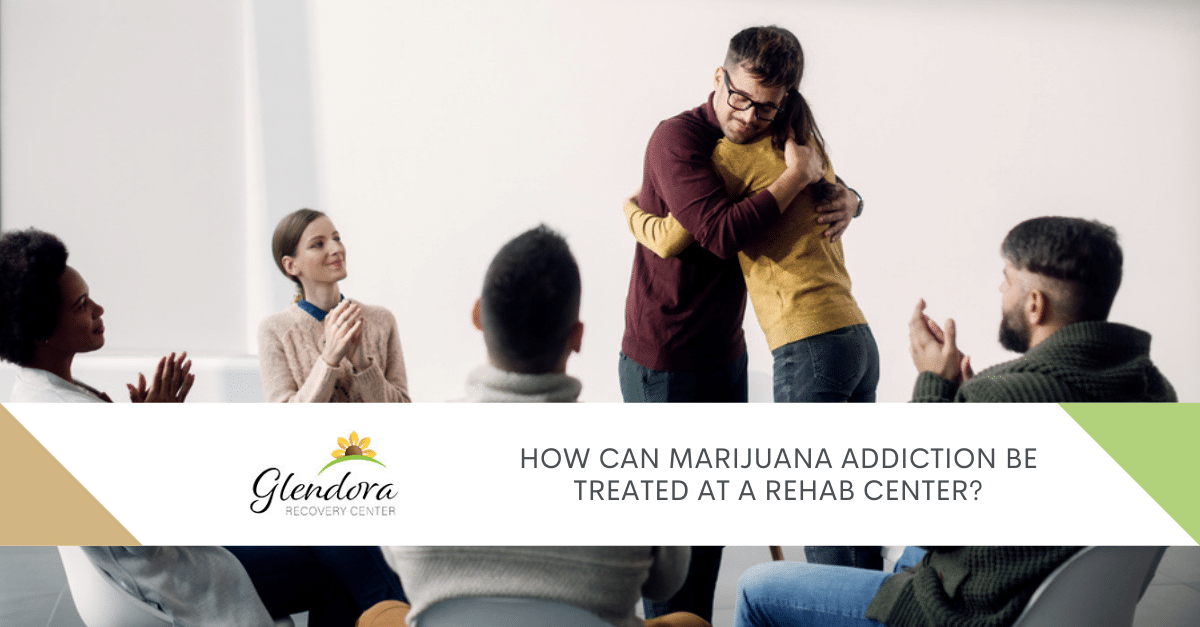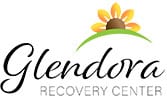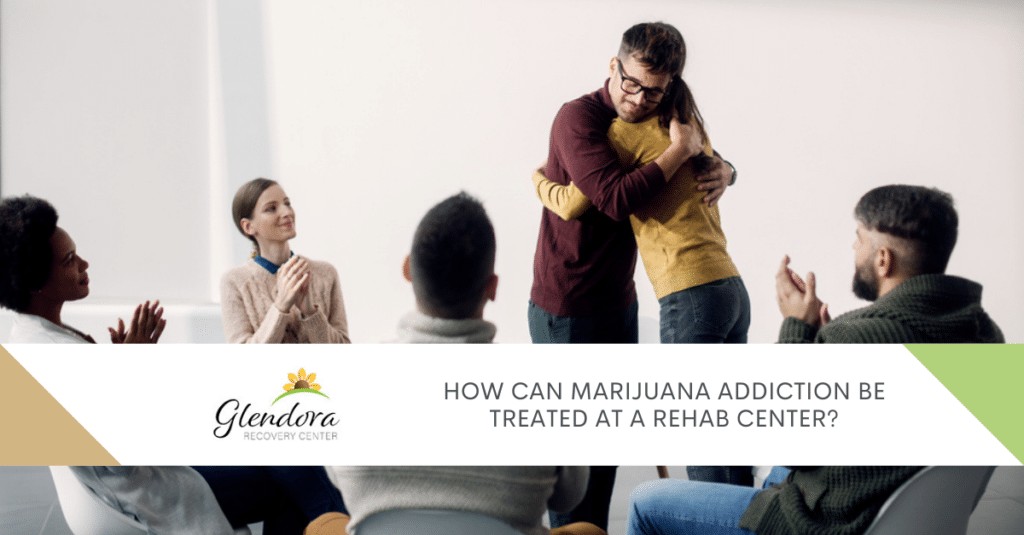
Marijuana addiction is a severe problem that requires professional treatment at a rehab center. Unfortunately, many people are confused about whether rehab for marijuana addiction is effective or not. However, a drug rehab center can help individuals in multiple ways.
People addicted to marijuana often suffer from psychiatric disorders and mental illnesses. Therefore, they need medical treatment to help them overcome their addiction and restore their mental health.
There is no denying the fact that marijuana addiction is a treatable disease. However, a comprehensive and individualized treatment plan is required to achieve long-term recovery.
A drug rehab center can provide the necessary treatment and support to help people overcome their addiction. However, before we dive into how to treat the addiction, let’s look at some signs of marijuana addiction.
Signs Of Marijuana Addiction Or Abuse:
There are many signs and symptoms that indicate marijuana addiction. These include frequent mood swings, trouble staying focused, poor judgment skills, loss of interest in hobbies and activities, apathy towards personal hygiene, insomnia or excessive sleepiness, appetite changes, decreased energy levels, paranoia, and delusion.
If you or someone close to you is experiencing one or more of these symptoms, it is essential to seek professional help as soon as possible.
On this note, let’s look at some of the essential therapies offered by a rehab for marijuana addiction that is highly-efficient battling this substance abuse are:
Cognitive-Behavioral Therapy:
This therapy helps patients identify their thoughts and beliefs, often the driving force behind addiction. By changing negative thoughts into positive ones, this therapy can help people adopt healthy lifestyle choices to avoid relapse.
Moreover, another benefit of this therapy is that it can help patients develop better coping mechanisms to deal with stress and triggers. When individuals learn how to deal with triggers and stressors, they are less likely to turn to drugs as a way of coping.

Contingency Management:
In this method, patients earn prizes or other incentives for adopting healthy behaviors and remaining abstinent from drugs, such as attending therapy sessions. It can be a powerful motivator in helping people recover from addiction.
The individuals are constantly monitored to ensure they are not engaging in substance abuse in this process. As the individuals are in regular check-ups, they are more likely to stay on track in their recovery.
Motivational Enhancement Programs:
In these programs, patients work with counselors to examine their thoughts and feelings about drug use. By exploring the reasons behind their addiction, patients can develop a stronger motivation to abstain from drugs.
The main goal of this therapy is to help patients develop a stronger sense of self-efficacy to abstain from drugs and live healthier lives. When individuals are self-aware of their problems and believe in overcoming those challenges, they are more likely to stay on track.
Family Treatment Programs:
Family treatment is often an essential part of patients’ recovery. Because marijuana addiction can significantly impact family relationships, it is crucial to involve family members in the recovery process.
Through these programs, family members can learn how to support their loved ones and cope with the challenges they may face. In addition, by working together, family members can develop healthy communication and conflict-resolution skills that can help strengthen their relationships.
Contact The Best Rehab For Marijuana Addiction Today!
Glendora Center is the leading rehab for marijuana addiction that utilizes a wide range of evidence-based therapies and interventions to help patients regain control of their lives. Our experts will work with you to create a personalized treatment plan that meets your unique needs and goals. Get in touch with us at (626) 263-5543 to book an appointment today.






